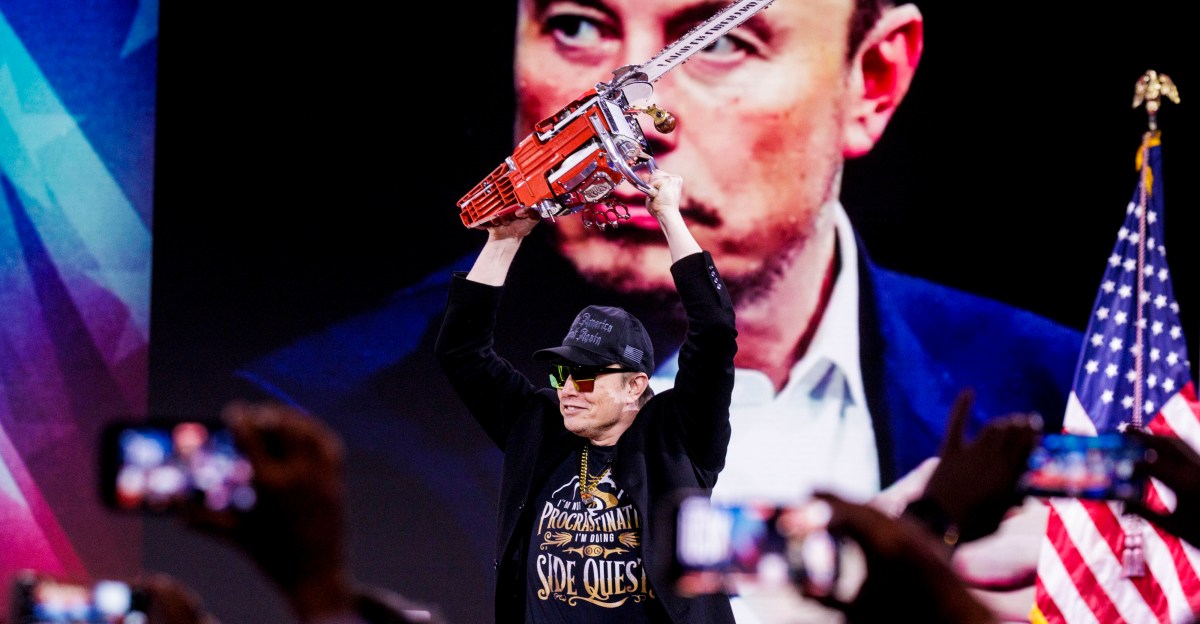Unraveling the Parallels: Elon Musk and His Authoritarian Legacy
Elon Musk, a name synonymous with innovation and disruption, is often in the spotlight for his ambitious ventures in technology, space travel, and sustainable energy. However, beneath the surface of his public persona lies a complex tapestry of familial influences that merit closer examination. This article explores the striking similarities between Elon Musk’s worldview and that of his authoritarian grandfather, Joshua Haldeman. Delving into familial influences, we examine how these historical perspectives shape Musk’s approach to technology and leadership today.
Understanding the Authoritarian Legacy
The term “authoritarian” often evokes images of oppressive regimes and dictatorial leadership. Yet, within the context of Musk’s family history, it takes on a more nuanced meaning. Joshua Haldeman, Musk’s maternal grandfather, was a key figure in shaping Musk’s worldview. Haldeman was not only a skilled engineer and aviator but also a man who held firm beliefs about structure, control, and ambition—traits that are reflected in Elon Musk’s business practices and leadership style.
Born in Canada in 1902, Haldeman was a pioneer in the field of aviation and a fervent believer in the power of technology to shape society. His experiences and ideologies likely instilled in Musk a sense of determination and a belief in the transformative potential of technology. This legacy, while not authoritarian in a traditional sense, fosters a form of leadership characterized by strong convictions and an unwavering commitment to progress.
Familial Influences on Elon Musk
Elon Musk’s upbringing was marked by a blend of influences from both his mother, Maye Musk, and his grandfather. Maye, a model and dietitian, encouraged her children to think independently and pursue their passions. However, it is the influence of Joshua Haldeman that looms larger in understanding Musk’s perspective on leadership.
Haldeman’s involvement in the early days of aviation and his interest in exploration resonate with Musk’s own ventures into space through SpaceX. Just as Haldeman saw the potential of flight to change the world, Musk views space travel as essential for humanity’s survival and advancement. This vision reflects a belief in a singular, often authoritarian approach to leadership—where the leader’s vision must be followed to achieve greatness.
Leadership Style: A Reflection of Authoritarian Tendencies
When examining Elon Musk’s leadership style, one cannot overlook the parallels with his grandfather’s authoritarian tendencies. Musk is known for his hands-on approach, often directly involved in the minutiae of his companies’ operations. This can be seen as both a strength and a weakness, as it fosters innovation but can also create a culture of fear and pressure among employees.
- High Expectations: Musk sets ambitious goals that can be daunting for his teams. This mirrors Haldeman’s own high standards in his engineering pursuits.
- Decisive Leadership: Musk’s quick decision-making often leaves little room for dissent, reflecting a more authoritarian style of leadership that prioritizes speed over consensus.
- Visionary Control: Both Musk and Haldeman share a belief in the necessity of a clear vision, which can sometimes lead to the suppression of alternative ideas or approaches.
This leadership style has led to remarkable achievements in technology and innovation but raises questions about the cost of such an approach on employee well-being and creativity. Critics argue that this can cultivate a toxic work environment, where fear of failure stifles innovation rather than fostering it.
The Impacts of Musk’s Worldview on Technology
Elon Musk’s belief in technology as a force for good is a direct reflection of his grandfather’s ideals. Both figures share a vision of using technology to overcome the limitations of humanity. This perspective drives Musk’s ventures—from Tesla’s electric vehicles aimed at reducing carbon emissions to SpaceX’s mission to colonize Mars. However, this unwavering faith in technology also raises ethical questions about the implications of such advancements.
Musk’s approach can be characterized by:
- Disruption: Like Haldeman, Musk is unafraid to disrupt existing industries. Tesla’s impact on the automotive sector serves as a prime example.
- Innovation at All Costs: The relentless pursuit of innovation often leads to shortcuts and questionable practices, echoing authoritarian principles where the ends justify the means.
- A Focus on Control: Musk’s companies often operate under tight control, mirroring Haldeman’s belief in the necessity of authority in achieving progress.
Critiques and Controversies
While Musk’s achievements are commendable, they are not without controversy. His leadership style has faced criticism for fostering a culture where dissent is discouraged, which can resemble the authoritarian traits seen in his grandfather. This has led to various public disputes, from conflicts with labor unions to questionable statements made on social media.
Moreover, Musk’s approach to innovation can sometimes overshadow ethical considerations. For instance, the rapid development of autonomous vehicles raises significant questions about safety and regulatory oversight. Critics assert that Musk’s push for advancement often prioritizes progress over responsible governance, a sentiment that echoes authoritarian regimes that overlook individual rights in favor of a perceived greater good.
Conclusion: A Legacy Intertwined with Progress
In unraveling the parallels between Elon Musk and his authoritarian legacy, it becomes clear that familial influences play a pivotal role in shaping his worldview and leadership style. The blend of ambition, control, and a strong belief in technology as a transformative force reflects a lineage that values progress, albeit sometimes at the expense of ethical considerations and employee well-being.
As Musk continues to push the boundaries of technology, it is essential to critically assess the implications of his leadership. Understanding the historical context of his familial influences can provide deeper insights into his approach and the potential ramifications of his vision for the future.
Ultimately, the challenge lies in balancing innovation with responsibility, ensuring that the legacy of progress does not come at the cost of ethical considerations—a balance that both Elon Musk and his grandfather must navigate as they leave their marks on the world.
See more Future Tech Daily

